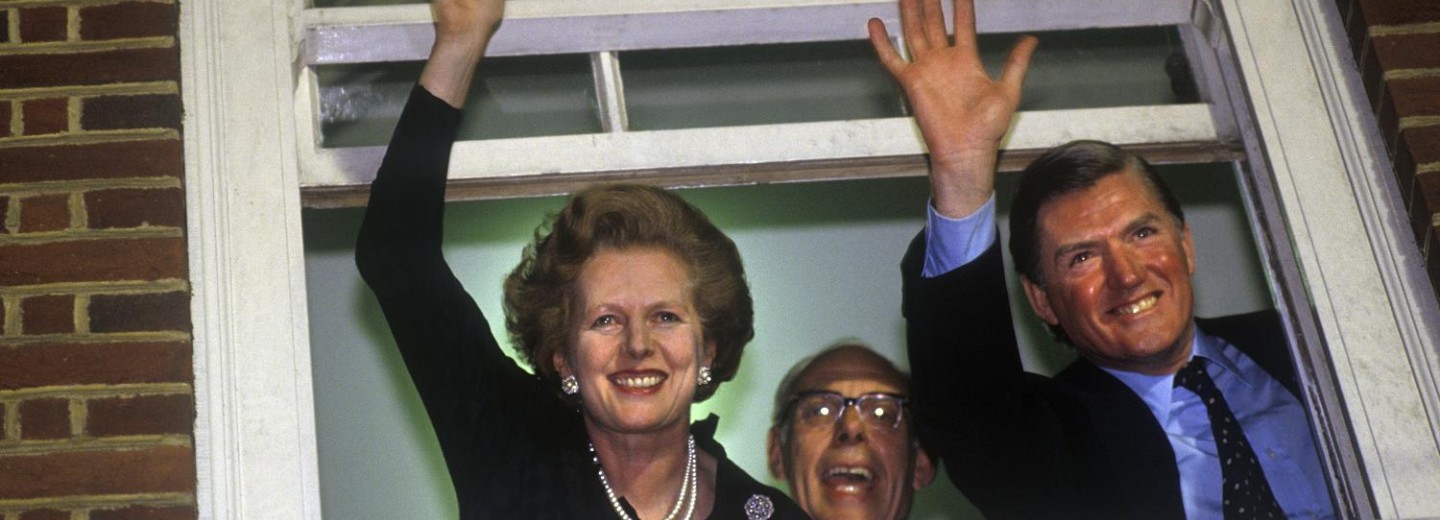China News 14th November 2022
Here is an interesting commentary about the failure of the Truss government in the UK. Drawing parallels to the Thatcher regime, the author, a renowned Chinese economist, argues that Truss’s tax cuts were not the problem. Truss failed to grasp the fundamental principles of Thatcherism.
The fundamental problem with the British economy at the time of Margaret Thatcher was not a lack of demand, but a lack of supply. The solution was how to effectively increase labour productivity to increase supply. A large tax cut was undoubtedly the main means of stimulating the economy. Therefore, it is not the tax cut itself that is wrong; the blame lies in the fact that Truss herself did not grasp the essence of Thatcherism.
King Charles III accepted Truss's formal resignation on October 25, meaning that Truss became the shortest serving prime minister in British history, and her predicament began in September 23. On that day, the Chancellor, Kwasi Kwarteng, released the government's "mini-budget", with specific measures including cutting National Insurance, abolishing the plan to raise corporate tax, and cutting stamp duty on property purchases. In addition, the British government also planned to establish low-tax zones in many parts of the country. The Truss government's move was intended to stimulate the economy and curb inflation by lowering taxes and other measures.
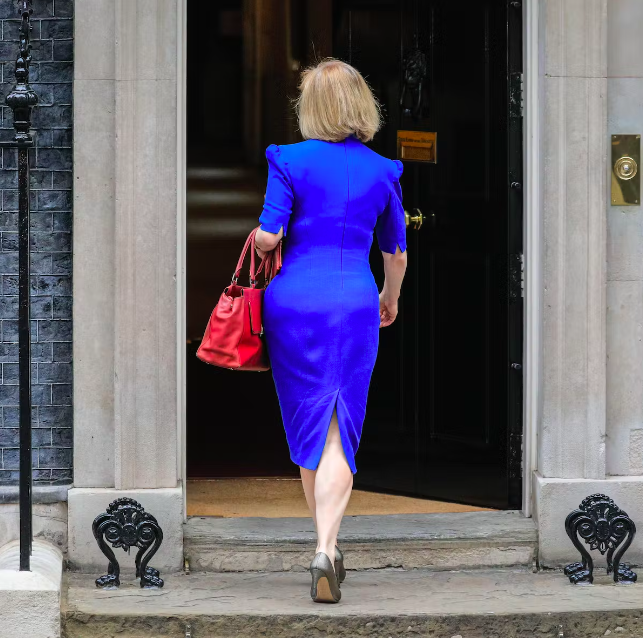
But unfortunately, the policy raised concerns about the further expansion of British debt. It was this massive unfunded tax cut that not only nearly led the UK to a financial earthquake, but also pushed Truss and her government to the edge of a cliff. As a result, many people believe that the fault lies with the tax cuts. At least Truss herself thinks so, otherwise she would not have made a U-turn.
The question is, is it really the tax cuts that are at fault? The answer is probably no.
Mrs. Thatcher, who became prime minister in 1979, watched as between 1974 and 1980, GDP growth averaged only 1%, while inflation averaged 15.9%. More importantly, Britain’s national power declined very quickly, being overtaken not only by the United States, Japan, Germany, and France, but even by Italy.
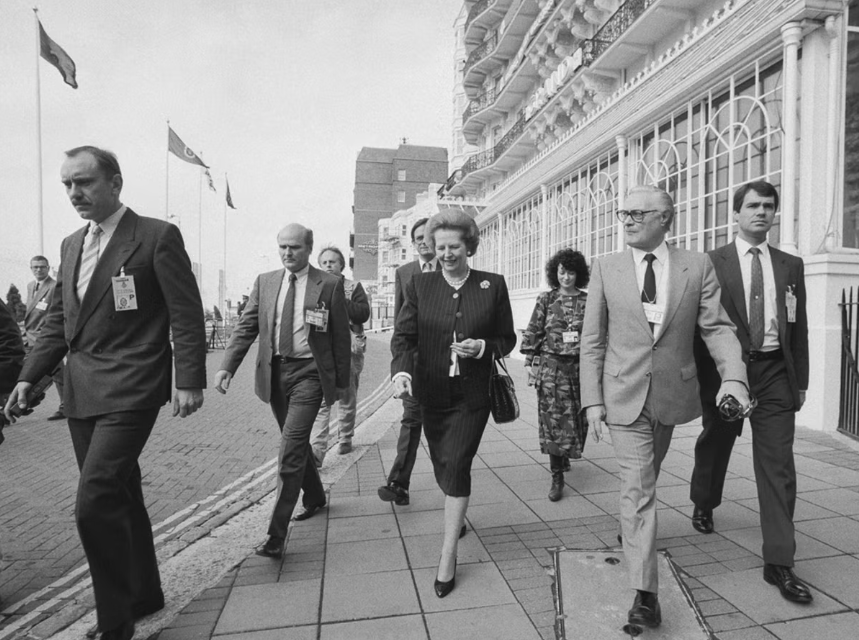
The situation at that time was as British scholar Sam Alanovich said:
Britain was not developing fast, productivity was low, growth was slow, real income was not increasing much, and domination of the world was no longer possible" and "relative recession was inevitable".
The book The British Economy was even more pessimistic:
Looking at the whole post-war period, the British economy was increasingly difficult, and Britain, the first to achieve capitalist industrialisation, was also the first to go into decline.
So much so that some people at that time compared Britain with Turkey, the "sick man of Europe" in the 19th century.
What was wrong with Britain at the time? The diagnosis given by Margaret Thatcher, who later cured the disease, was:
Since the 1980s, our industrial supremacy has been gradually shaken by competition from first the United States and then Germany, and by the losses of the two world wars. After the war, a Labour government was established and set up a centralised system of governance and an interventionist style of government to revive the country. It adopted a Keynesian policy of fiscal expansion in the general economy and government subsidies for regions and industries in the individual economy according to a variety of criteria; and nationalised enterprises by taking direct ownership or indirectly by using decrees to constrain private enterprise in the direction specified by the government.
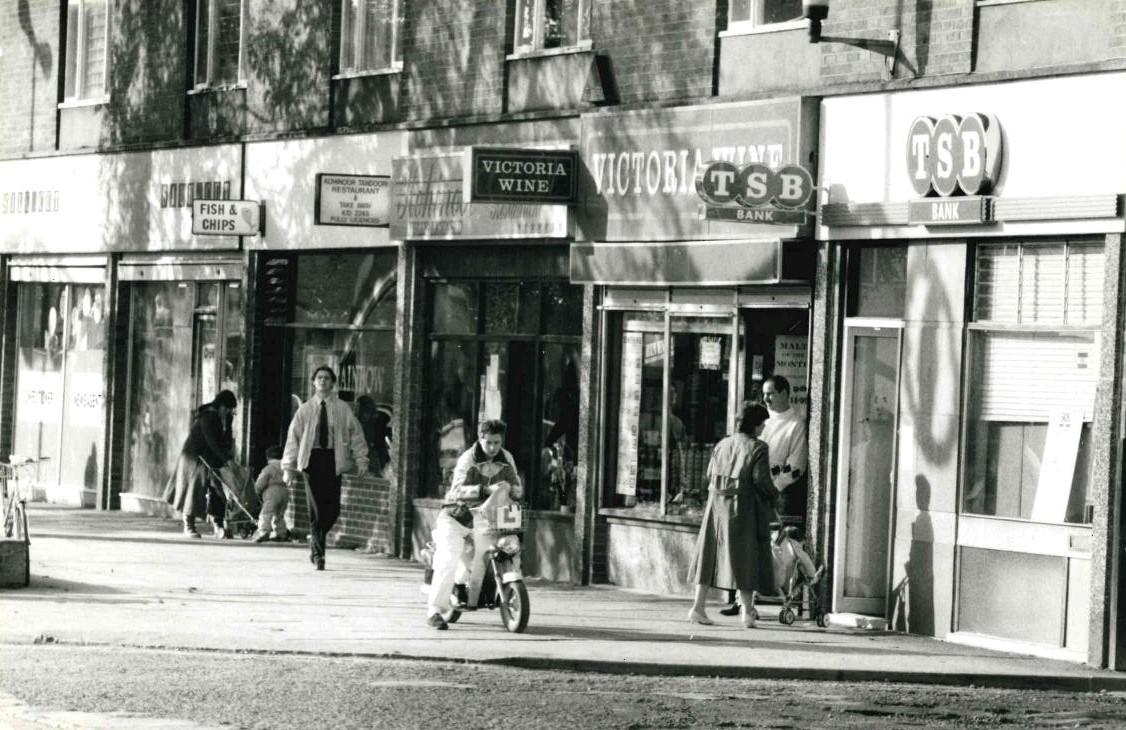
As described by Margaret Thatcher, influenced by the Keynesian demand-side theory, the British government at that time always tried to change the disparity of income among classes, such as expanding social welfare and heavily taxing high-income earners, to raise the demand level of low-income earners. On the one hand, the implementation of these policies discouraged people from saving, investing, and working; on the other hand, it lowered the cost of unemployment, making many people prefer unemployment to low-paying jobs and creating the phenomenon of voluntary unemployment, making it difficult to stimulate production expansion and reduce unemployment. At the same time, the increase of welfare spending often leads to the expansion of fiscal deficit. The government usually issues more money to make up for the fiscal deficit, which intensifies inflation and eventually forms stagflation.
More importantly, because the government could only rely on increasing the quantity of money, it caused a decline in the savings and investment rates, resulting in the persistence of "zombie enterprises" that relied on loose monetary policy and bank interest relief for a long time, and the loss of the metabolic function of the British economy. This was the root cause of the loss of economic vitality and the decline of the British economy at that time.
In other words, the fundamental problem of the British economy at that time was not a lack of demand, but a lack of supply. The solution was how to effectively increase labour productivity in order to increase supply. It was necessary to strengthen personal spending and increase people's motivation to save, invest and work. Significant tax cuts are undoubtedly the main means to stimulate the economy - admittedly, under tax cuts, government tax revenue will decrease in the short term, but since lowering tax rates will reduce tax evasion and will stimulate productive labour incentives for companies and individuals, the tax base will instead expand, and in the long term, tax revenue will increase. Therefore, reducing personal income tax and corporate income tax, especially cutting marginal tax rates, is an important means to increase supply.
Utilising market forces to turn the tide
Based on this understanding, during Margaret Thatcher's administration, the policy reversed the previous policy ideas of strengthening government intervention and regulating the market, and instead advocated reducing government intervention and exerting market forces. This included privatising the monopolistic state-owned enterprises while stabilising the private sector to drive economic growth. In addition, massive tax cuts were an important part of the policy. The top tax rate was first reduced from 83% to 60% and then to 40%; in order to reduce the tax burden on corporations, the then British government reduced the corporate income tax rate from 52% to 35% year by year.

Reflecting on this history, Piketty, a professor at the Paris School of Economics and author of Capitalism in the 21st Century, writes:
The top tax rate was cut significantly by 40 percentage points during the 10 years of (former U.S. Presidents) Reagan and Thatcher's administrations ...... The increase in the top tax rate may have had a negative effect on the work of those who could motivation and business creativity negatively - the so-called supply-side effect. In this case, a lower top tax rate would stimulate economic activity among the wealthy, thereby accelerating economic growth .......
In addition, this, together with cuts in social welfare and the expansion of marketisation of public goods, gradually allowed the UK to complete its neoliberal economic transition. After 1982, the British economy maintained eight years of growth; the fiscal deficit, which lasted for 18 years, began to turn into a surplus from fiscal year 1987. For this reason, the annual survey of the British economy published by the Organisation for Economic Cooperation and Development (OECD) in 1995 concluded that "British companies are now more profitable than at any time in the 1970s, with exports surging and an invisible trade surplus at the highest level in the country's history, and Britain is becoming the corporate centre of Europe." Even the left-wing Piketty had to compliment, "The remarkable effectiveness of Reagan and Thatcher's tax reforms had indeed been astonishing."
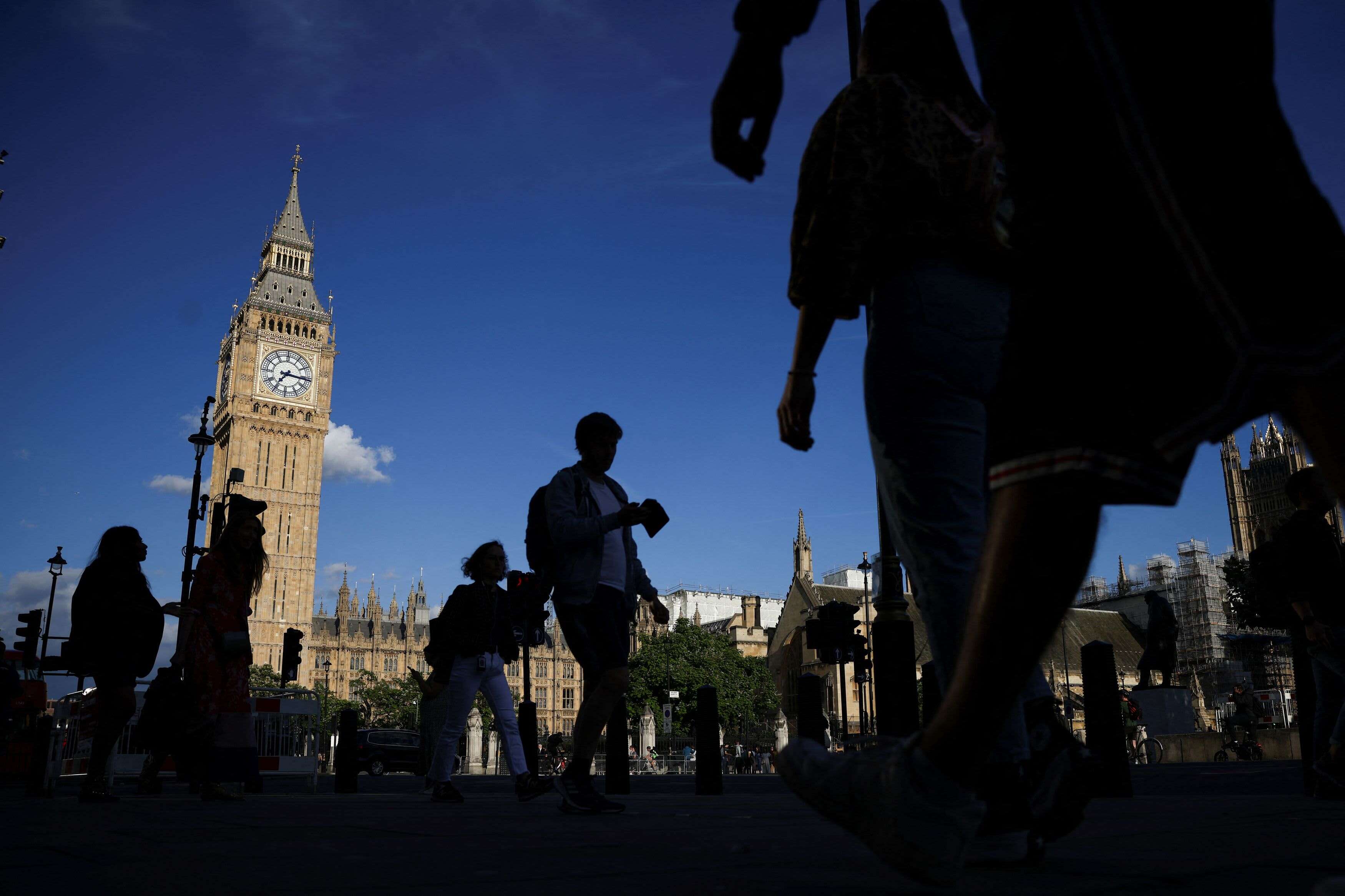
In summary, it is not the tax cuts that are at fault for the fall of Truss. It wasn't the tax cuts themselves that were wrong, it was that Truss herself didn't really understand and trust Thatcher's approach. For example, she only talked about tax cuts, but never about reducing spending, especially government spending. It is because she did not grasp the essence of Thatcherism that she failed to understand Thatcher's reforms. She failed to play the Thatcher card well and use it to inspire and unite the Conservative Party and the UK.
In fact, the main reason why she was elected as the leader of the Conservative Party over Sunak at that time was that the tax cuts she advocated were appreciated by more Conservative Party members.
(The author is a Chinese economist and financial columnist)
(Since this article was published, Prime Minister Sunak is planning to raise taxes – not what Thatcher would have done either!)
Worked on the article:

Wanlikhang


